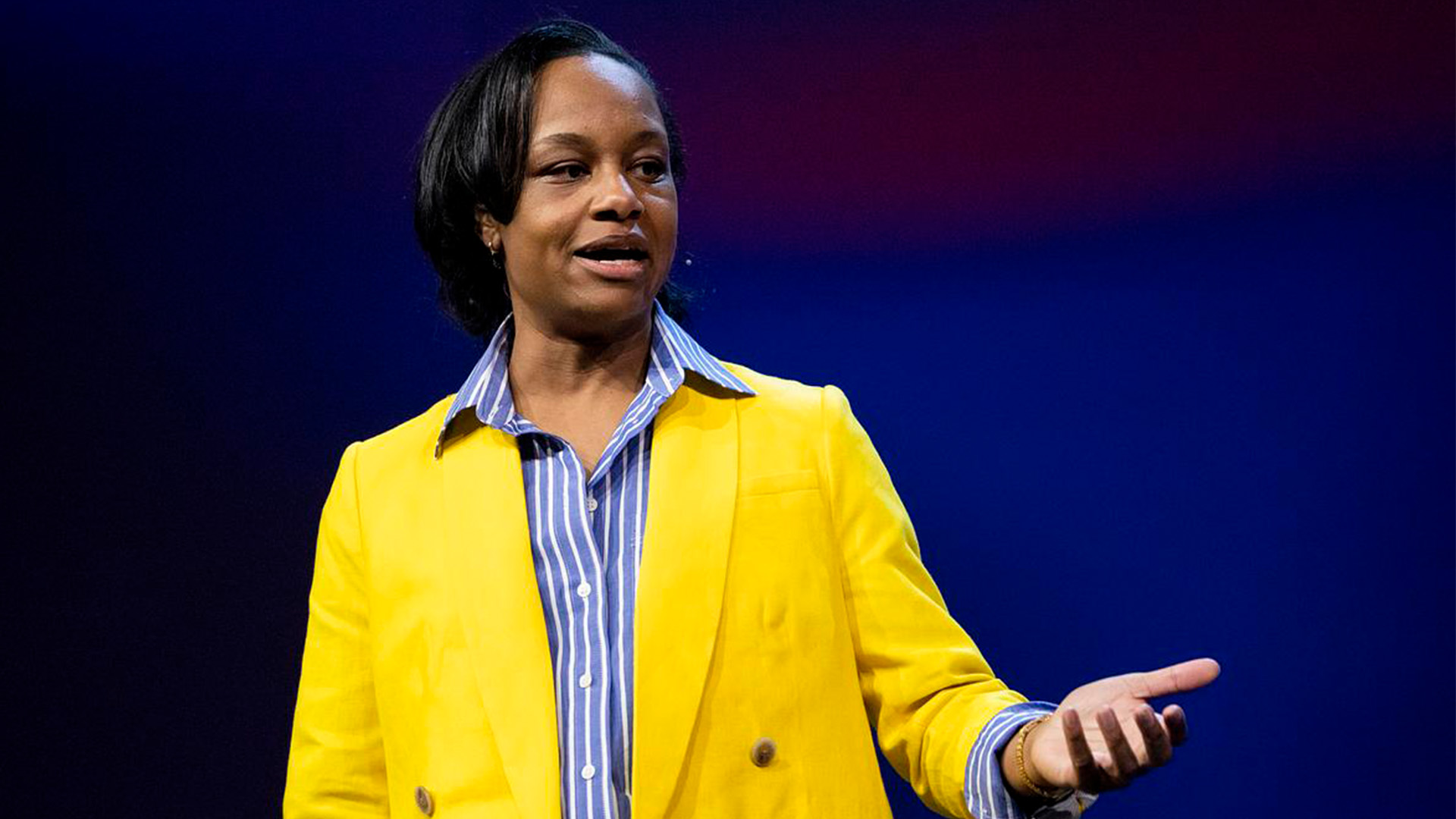“You don’t have to be this wealthy, well-resourced person to actually make a difference,” The Human Utility’s Tiffani Ashley Bell shared with AfroTech, ahead of her TED Talk at TED 2022: A New Era.
While Bell’s goal was to get people in the room in positions of wealth, power, and influence to actually help benefit people, she herself is an example of still making an impact without it.
The Inspiration Behind Human Utility
Bell is the founder and executive director of The Human Utility — a nonprofit organization that helps combat water service disconnections by paying the water bills of people who can’t afford to. The founder and executive director was inspired to create change after working for Atlanta, GA, and seeing how decision-making for cities worked.
“We shadowed the mayor at the time and then all the cabinet members. And we just got to see how cities worked basically,” Bell told AfroTech. “And I got to see most importantly, all the decision-making behind certain stuff. That was a one-year engagement.”
“Halfway through that, I read about what was happening in Detroit with water bills and shutoffs,” Bell continued. “And I was just thinking about — ‘Okay, you have Atlanta and you have Detroit. What’s making them make the decision to instead of actually helping people, just turn their water off?’ So, I was like, ‘Well, we could do something about it. Why not just start paying bills for people?’ And that’s what it turned into.”
Tiffani Ashley Bell's Prior Background
Prior to founding The Human Utility, Bell was a programmer. She earned a degree in computer science from Howard University — diving into a path of using technology “to save lives.”
Then, Bell’s time at the HBCU transitioned into writing software for companies that raked in revenue.
The work led Bell to land a role with Code for America, which ended up balancing with starting The Human Utility.
Although Bell had previous insight into the ins and outs of cities, it was still a challenging journey of building out the platform. She even faced issues with the local government, but she wasn’t phased.
Since its launch, The Human Utility has continued to help support people with their water bills to prevent eviction or losing custody of their children.
What’s Next For The Human Utility?
“The goal is to use all of our learning, data, and allies we have — other organizations we work with — to try to push policymakers, especially at the federal level where all the money is to get them to see this as a beneficial thing,” Bell said. “Also, if you get more people to be paying their own bills, you’re putting more money into the system to be able to do things like invest in infrastructure because we have this massive water infrastructure backlog in the U.S. that I don’t think people who can’t afford their bills are responsible for. But if you can get as many people as possible paying something into the system, that’s better than not … You should have as many people as possible paying. It’s just to nudge policymakers in a certain direction.”

















